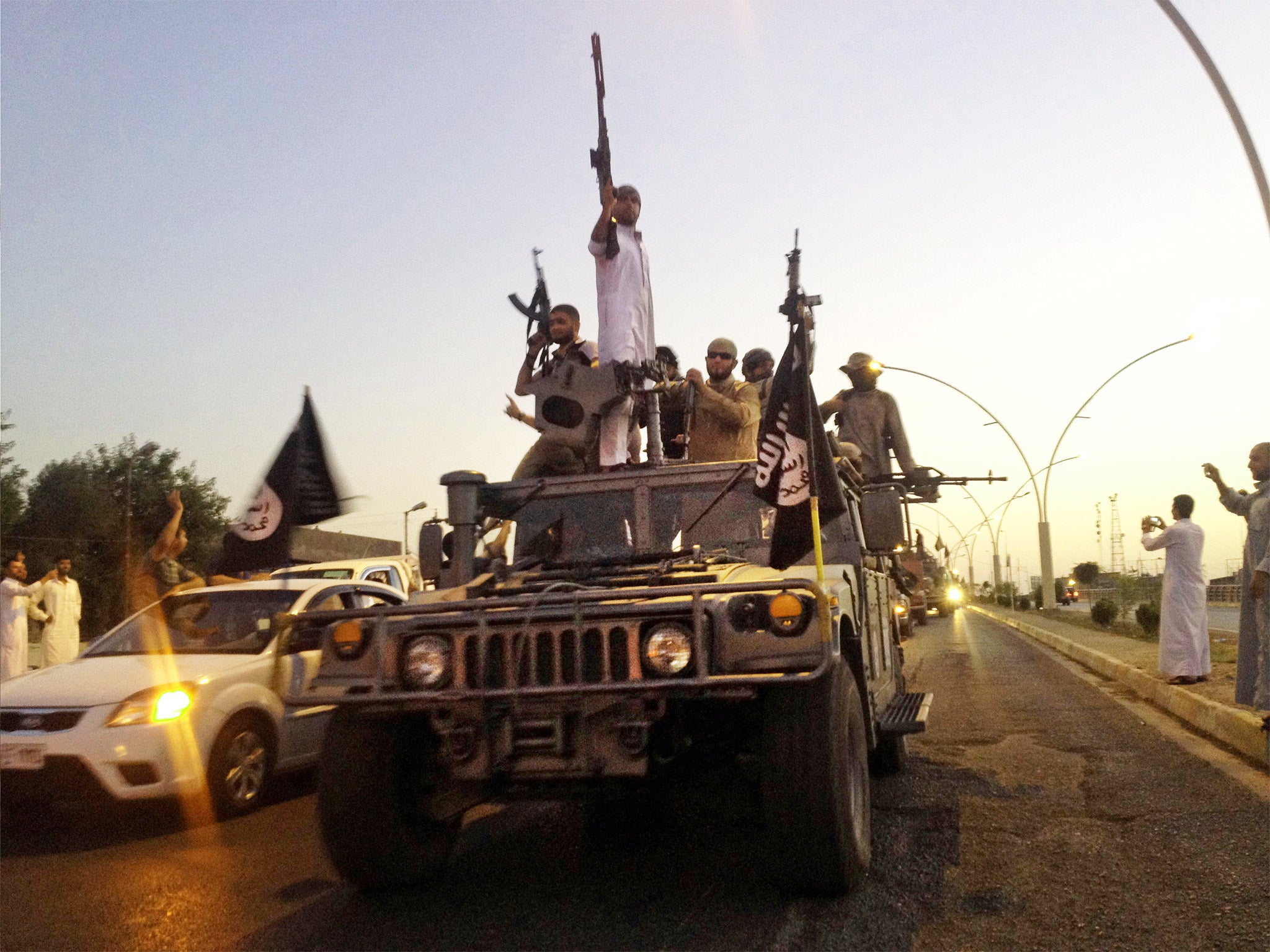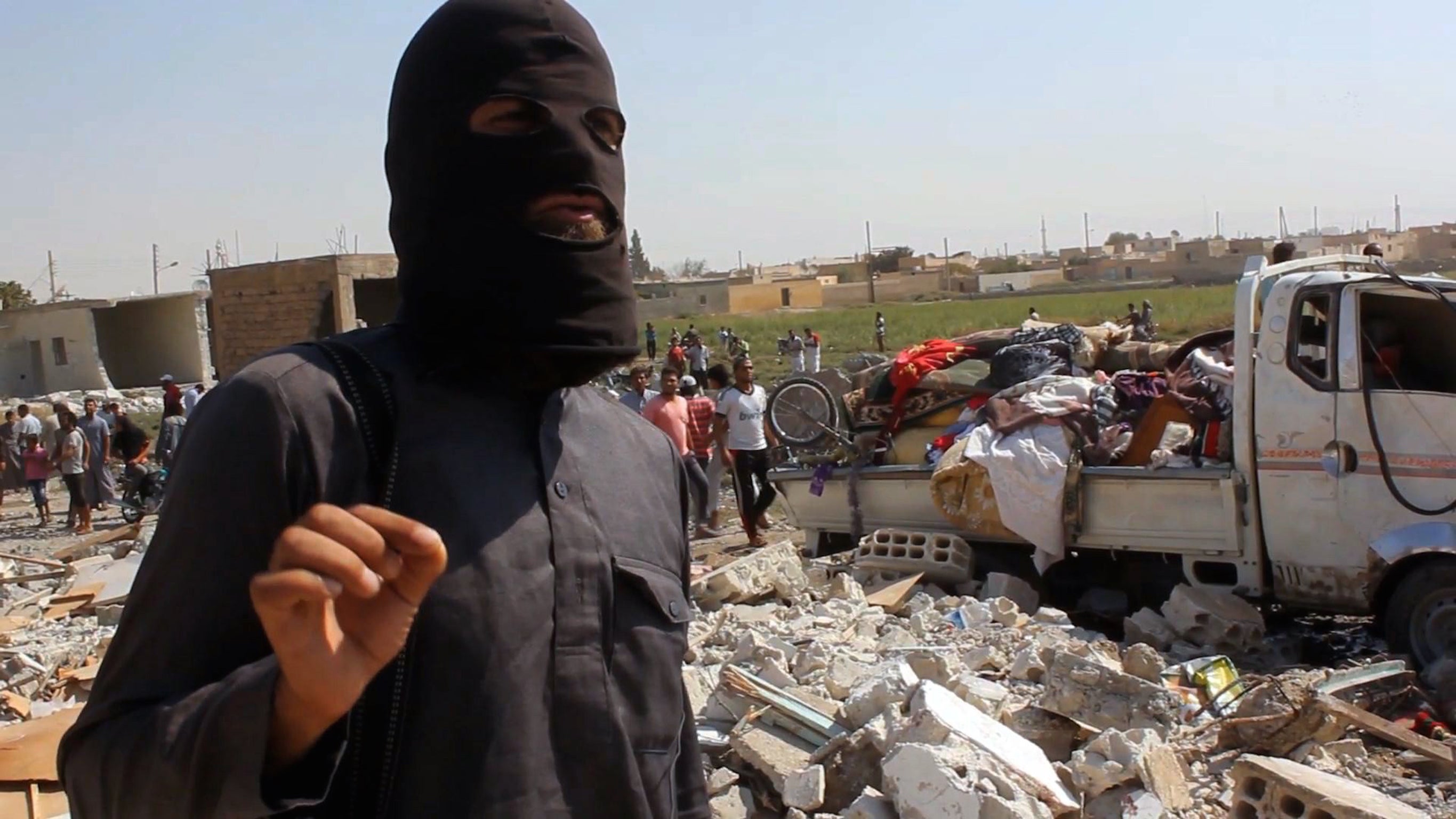Iraq’s ambassador urges UN to investigate claims Isis is harvesting organs: ‘We have bodies - it is clear they are missing certain parts'
Isis fighter denies claim and says organ-harvesting 'would bring in peanuts'

Your support helps us to tell the story
From reproductive rights to climate change to Big Tech, The Independent is on the ground when the story is developing. Whether it's investigating the financials of Elon Musk's pro-Trump PAC or producing our latest documentary, 'The A Word', which shines a light on the American women fighting for reproductive rights, we know how important it is to parse out the facts from the messaging.
At such a critical moment in US history, we need reporters on the ground. Your donation allows us to keep sending journalists to speak to both sides of the story.
The Independent is trusted by Americans across the entire political spectrum. And unlike many other quality news outlets, we choose not to lock Americans out of our reporting and analysis with paywalls. We believe quality journalism should be available to everyone, paid for by those who can afford it.
Your support makes all the difference.Iraq’s ambassador to the United Nations is calling on the UN Security Council to investigate allegations that Isis is harvesting organs, telling ministers: "We have bodies. Come and examine them. It is clear they are missing certain parts."
Mohamed Alhakim claimed militants are harvesting the organs as a way of financing the extremist group’s activities.
He also told journalists doctors in Mosul were “executed” for refusing to harvest organs, the Associated Press reports.
Mr Alhakim said bodies with surgical incisions and missing organs had been discovered in shallow mass graves.
He was earlier speaking to the UN council about the state of affairs in Iraq, where he also accused Isis of "crimes of genocide" in targeting certain ethnic groups.
However, Elijah J. Magnier, Al Rai's chief international correspondent, said Mr Alhakim’s claims should be treated cautiously. He told The Independent: “Isis doesn't have the market in this current global war against it to be engaged in this business [organ harvesting]. This requires contacts that Isis is losing.”
An Isis fighter was also quick to deny claims made by Mr Alhakim, saying the group would not have time to collect the organs of those they killed.
He was quoted by Mr Magnier as saying: “If [these claims were] true, this would be a general policy for Isis that it would not be possible to hide.

"People are shot in the head, beheaded, bodies thrown in the desert, others left in the battle field and more were dropped in deep wells. Fighters don't have the time to stop in the battle field and collect bodies of their own fighters.
“So how could we collect bodies of those we kill and transport them to sell their organs? "
Another fighter said it would be easier to harvest organs from prisoners but the group chooses not to, saying: “Organs are preserved naturally in prisoners and could be harvested when needed.
"It is easier to harvest organs from prisoners than from the dead, which is not the case."

The militant stressed that organ-selling would not raise substantial funds to maintain the group, saying: “The West is trying to find out where our funding comes from. This 'organ selling' would bring in peanuts in comparison what an Isis army needs each day."
Some of Isis's known sources of finance include oil and taxes on every house, shop, vehicle and any goods crossing into Isis controlled areas.
Isis also reportedly imposes fines for civilians caught breaking rules in Raqqa, the group's Syrian stronghold. Activists recently spoke of the plight faced by citizens living under the group's self-declared caliphate, who face being publicly flogged, paying huge fines and even reportedly execution for 'crimes' such as smoking.
Join our commenting forum
Join thought-provoking conversations, follow other Independent readers and see their replies
Comments